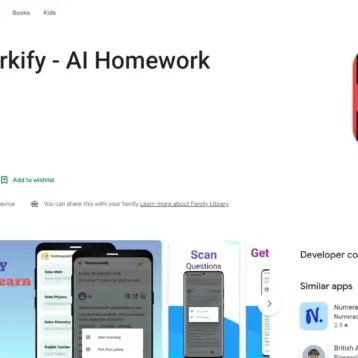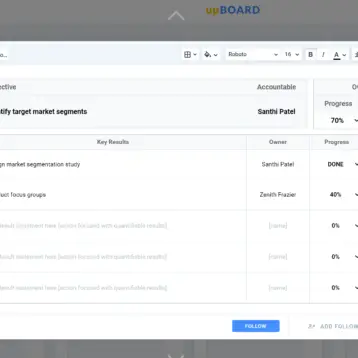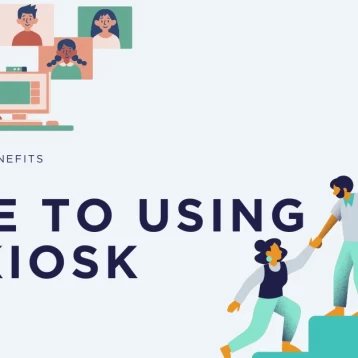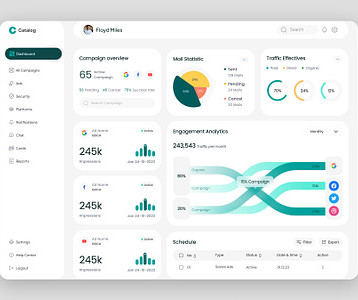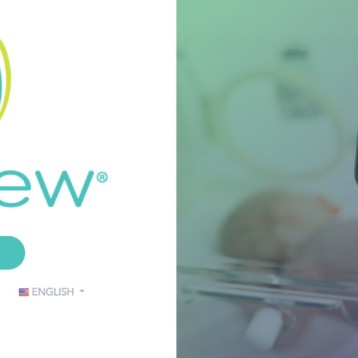Facebook scraping is the method of automating the collection and organization of data from Facebook using scraper bots. Formerly called data scraping, marketers often use this practice to gather needed information about a particular audience segment from public pages online. Typical information bots collect when they scrape data from Facebook includes names, email addresses, demographics, product mentions, and comments.
ZenRows is an example of a popular web scraping API that allows developers to scrape any webpage in an easy way.
Read on to learn more information about Facebook scraping tools and the various factors to consider before using one.

Who Uses Facebook Scraping Tools
Before knowing the factors that you have to consider before using scraping tools, it is significant to know who uses them in the first place. To answer, the typical users of Facebook scraping tools are:
- Business owners
Business owners always find ways to adapt to the ever-changing world. Surviving and remaining relevant in the digital age means treating information as assets. Hence, the inclusion of looking for ways to capitalize on social media and websites, they can apply their data scraping strategy to collect data and insights that are beneficial in growing their companies.
Some types of data business owners can collect from Facebook may include:
- Content efficiency analyses
- Competitor Research
- Target audience research
- Monitoring news and events
- Social Media Influencers
Social media influencers are the new breed of celebrity endorsers. Like the traditional ad endorser, it’s the responsibility of influencers to increase the brand’s reach they’re promoting. One of the best ways to do so is through social media scraping.
Why Scrape Facebook Data

Social media scraping belongs in the grey area between ethical and unethical data collection. As mentioned, business owners and social media influencers typically add this tactic to their campaigns to leverage its benefits like the following:
- To Gain Business Insights
One of the benefits businesses gain from scraping social media sites like Facebook is getting a glimpse of sentiments and feelings shared on the platform. Nowadays, consumers are given the opportunity to read rants and raves about celebrities, brands, or businesses. Facebook scraping tools help companies to check comments and tags about their brand. Knowing how your target audience feels and perceives your brand are essential factors you’d want to consider when making business decisions or addressing problems.
- To Monitor Market Trends
Facebook is considered one of the most popular and well-established social media platforms. With millions of individuals, businesses, and government offices actively using Facebook, this social media platform has fine-tuned its method to determine factors influencing people and predicting human behavior. Having this type of information is beneficial in knowing how you can address the pain points of your potential clients. Keeping ahead of your competitors through data analysis will help you remain relevant in your niche.
- To Run Campaigns
Any entrepreneur worth his salt knows how important marketing is in an organization. The digital age brought a lot of platforms one can capitalize on when promoting their business. Hence, what started as a social networking site used for purely personal consumption became a space where businesses thrive.
Facebook scraping gives you vital information like:
- Target audience
- Competitors
- Perfect time to post
- Most liked posts
- Posts with the most engagement
- Your best-selling products
Things To Consider Before Using Facebook Scraping Tools
Before you start paying for tools that can help you with your business goals, do spare a bit of your time to go through the following five considerations before using Facebook scraping tools.
- Review Facebook’s Terms and Conditions (T&C)
Facebook’s terms and conditions regarding automated data collection explicitly say that written permission directly coming from Facebook is required before any data collection activity is implemented. Having their written consent is the only legal way for you to scrape their website.
It’s essential to read through these terms and conditions to avoid getting permanently banned from Facebook. Keep in mind that Facebook, now called Meta, is a social media giant, and if you insist on ignoring the Automated Data Collection terms, you might end up having to battle their legal team.
- General Data Protection Regulation (GDPR)
In May 2018, the very controversial European (EU) law – General Data Protection Regulation (GDPR), was enforced. GDPR stipulates those businesses are responsible for protecting their EU audience’s privacy and personal data.
The implementation of this law changed company rules about data collection, storage, and processing for EU residents. The execution of GDPR is very concerned for businesses that use large amounts of data, have a digital presence in the EU, and use people’s data. There were no exemptions from this regulation, and even Facebook, the most popular social media site, had to comply.
How does this regulation then affect your intention to scrape data from Facebook?
As mentioned, you would need to ask for Facebook’s permission to scrape data from their site, and as long as the data you collect is not personal data like names, addresses, and the like, then GDPR doesn’t apply to you.
- Robot.txt File
You must go through a website’s robot.txt file in data scraping. Websites use the robot.txt file to let “bots” know the proper ways to crawl or scrape and index their site.
Facebook’s robot.txt contains information stating that they prohibit all automated scrapers and that an automated crawler should visit no part of their site. Forcing to get data from Facebook using automated bots can lead to repercussions that may eventually lead to legal actions taken against you.
- Determine The Data You Need
Before setting up your scraping tools to crawl Facebook, you must determine what data you need. As aforementioned, scraping personal data can be tricky. But, if you’re collecting data to look for posts, comments, and end-user reviews that mention your event or product, you’ll have an easier time doing things ethically.
- Alternative Websites
It’s theoretically possible to still be able to crawl Facebook without getting their permission. However, this is a considerable risk for you and your business. With Facebook evolving with the times, they’ve also beefed up its security protocols. Hence, gathering the business insights you need without their permission can be more difficult.
If you really need to get data for business analysis, you have to manage your expectations and look for alternative websites you can crawl. Just make sure these alternative websites have credible sources of social media data.
Wrapping Up
Facebook explicitly states that they prohibit automated data collection using bots, but their permission is needed if you insist on doing so. Even if this social media giant fortified its security protocols to prevent crawlers, there would be some who would get lucky and get away with it. Before jumping in on the trend of using tools to do Facebook scraping, make sure you do your due diligence by thinking about the mentioned considerations to avoid future legal issues.



